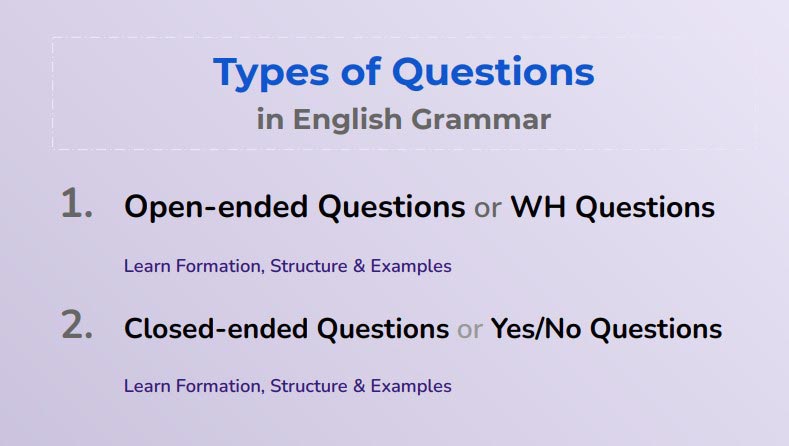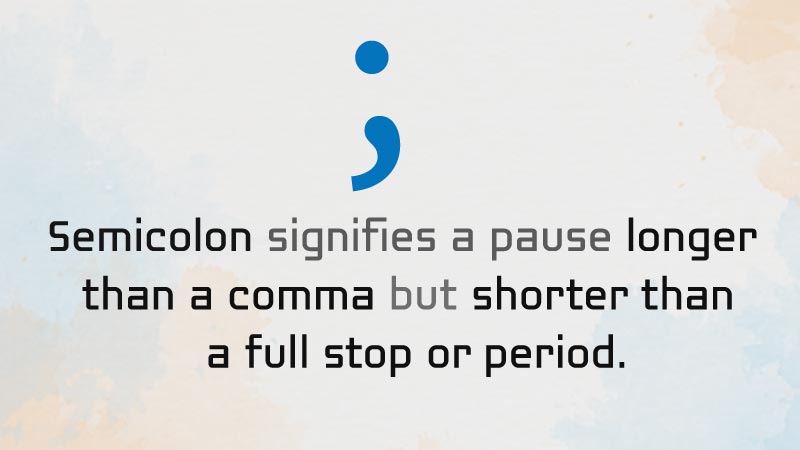Antecedents of Pronoun
When a pronoun is used in a sentence, it must have a corresponding noun at the beginning before it was used. This particular noun which is referred by the pronoun that comes later is known as the antecedent of that pronoun. And there should be a clear indication of that noun to which the pronoun would be referring to. If there is no correspondence between the pronoun and the antecedent, then the sentence will be inaccurate.
For example:
| He didn’t get the job as they didn’t like his performance that much. | Incorrect |
| He didn’t get the job as the interviewers didn’t like his performance that much. | Correct |
| Or, The interviewers didn’t give him the job as they didn’t like his performance. | Correct |
| Graham doesn’t like politicians because it is corrupted. | Incorrect |
| Graham doesn’t like politics because it is corrupted. | Correct |
| Graham doesn’t like politicians because they are corrupted. | Correct |
| Rick and Mary hate flying because they make too much noise. | Incorrect |
| Rick and Mary hate flying in a helicopter because they make too much noise. | Correct |
| Jerry told Jean that she needed to help her with the homework. | Incorrect |
| Jerry told Jean that, in order to finish the homework she would need her help. | Correct |
When the noun is uncountable or referring to a team or unit then the pronoun used after it would be singular. But if the noun is countable then the pronoun used afterward would be plural. If indefinite pronouns are used as antecedents then the pronoun used afterward would be modified accordingly. If indefinite pronouns like one, no one, anything everything, either, each, something etc. is used as antecedents then the following pronoun will be singular. But if indefinite pronouns like few, many, both, several etc. are used as antecedents then the following pronoun will be plural.
For example:
| Most of the milk was poured out of their container. | Incorrect |
| Most of the milk was poured out of its container. | Correct |
| Many people had to lose his/her job because of corruption. | Incorrect |
| Many people had to lose their jobs because of corruption. | Correct |
| Many of the stones have lost its market value after the annual budget. | Incorrect |
| Many of the stones have lost their market value after the annual budget. | Correct |
| Most of the ink was dry as they were not properly sealed within a container. | Incorrect |
| Most of the ink was dry as it was not properly sealed within a container. | Correct |
| The team has tried their best to achieve success. | Incorrect |
| The team has tried its best to achieve success. | Correct |
| The jury is still unable to reach any verdict of its own. | Incorrect |
| The jury is still unable to reach any verdict of its own. | Correct |
| The group is still vulnerable because of their activities. | Incorrect |
| The group is still vulnerable because of its activities. | Correct |
| Everyone is perfect in their own eyes. | Incorrect |
| Everyone is perfect in his/her own eyes. | Correct |
| Each person should value their own understandings. | Incorrect |
| Each person should value his/her own understandings. | Correct |
| Nobody is able to survive on their own. | Incorrect |
| Nobody is able to survive on his/her own. | Correct |
| Few of them knows what it means to them. | Incorrect |
| Few of them knows what it means to them. | Correct |
| Several people had to work his/her way up to reach this level. | Incorrect |
| Several people had to work their way up to reach this level. | Correct |
| Many people don’t realize what he/she have until it is lost. | Incorrect |
| Many people don’t realize what they have until it is lost. | Correct |
Grammar
Read More
- How to Use "Therefore" in Sentences Avoiding Common Mistakes
- How to Use "Whereas" with Examples and Avoid Common Mistakes
- When and How to Use "Thus" Correctly Without Common Mistakes
- How to Use "On the Contrary" Properly with Meaning and Examples
- When and How to Use "Either/Or" with Examples and Common Mistakes to Avoid
- How to Use "On the Other Hand" Effectively without Mistakes
- How to Use "Respectively" with Example and Common Errors to Avoid
- How and When to Use "Moreover" Without Mistakes
- How to Use "Likewise" in Sentences Based on Context & When not to Use
- When & How to Use "Although" in Sentences to Avoid Mistake


